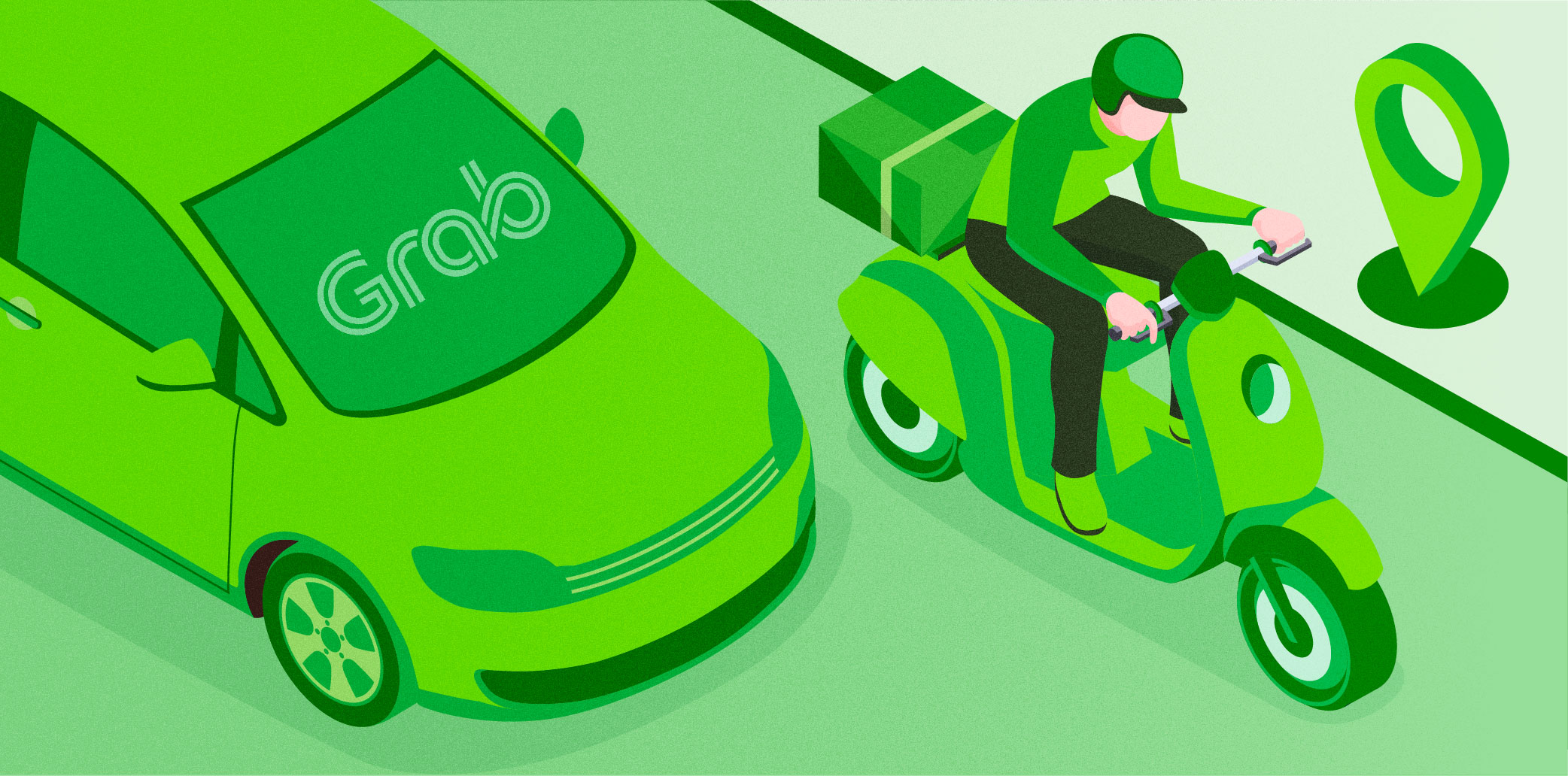Vietnam is grappling with a fuel shortage, prompting Grab, local ride-hailing platform Be, which is operated by Be Group, and food delivery platform Baemin, to raise their prices and transfer the increased cost to consumers.
Multiple reasons have led to the elevated prices of gasoline in the country. First, Nghi Son Oil Refinery, the largest facility in Vietnam that transforms crude oil into useful products, has cut its production by 20% since January due to financial problems, according to a note published by research firm Dezan Shira & Associates.
Meanwhile, Russia’s invasion of Ukraine and the subsequent sanctions on Russia have pushed oil prices to a record high. Brent crude, an international benchmark crude, hit a 13-year high of USD 130 per barrel on March 7. This has led to rising oil prices around the world.
Starting today, passengers using GrabCar will have to pay at least VND 2,000 (USD 0.09) more for their starting fares, which covers the first two kilometers of a ride, with each successive kilometer costing at least VND 600 (USD 0.026) more than before, per VnExpress.
GrabBike users have to pay an additional 4% to begin their rides, with each subsequent kilometer costing VND 4,300 (USD 0.19) more than the previous price of VND 4,000 (USD 0.18), per the report. This follows increases made by Be Group one month ago, when its motorcycle service became 27% more expensive, per local publication Dan Tri News.
In their research note, Dezan Shira & Associates’ researchers said that surging fuel prices may pose significant challenges in terms of customer retention and cost control for mobility businesses.
The fuel shortage has prompted the Vietnamese government to auction off nearly 102 million liters of gasoline from its national reserves, according to a report by state-owned media outlet Vietnam News on February 24.
In the Philippines, surging gasoline prices have prompted Grab and Foodpanda to secure partnerships with private oil companies to offer drivers discounts on fuel, per local publication Philstar.

